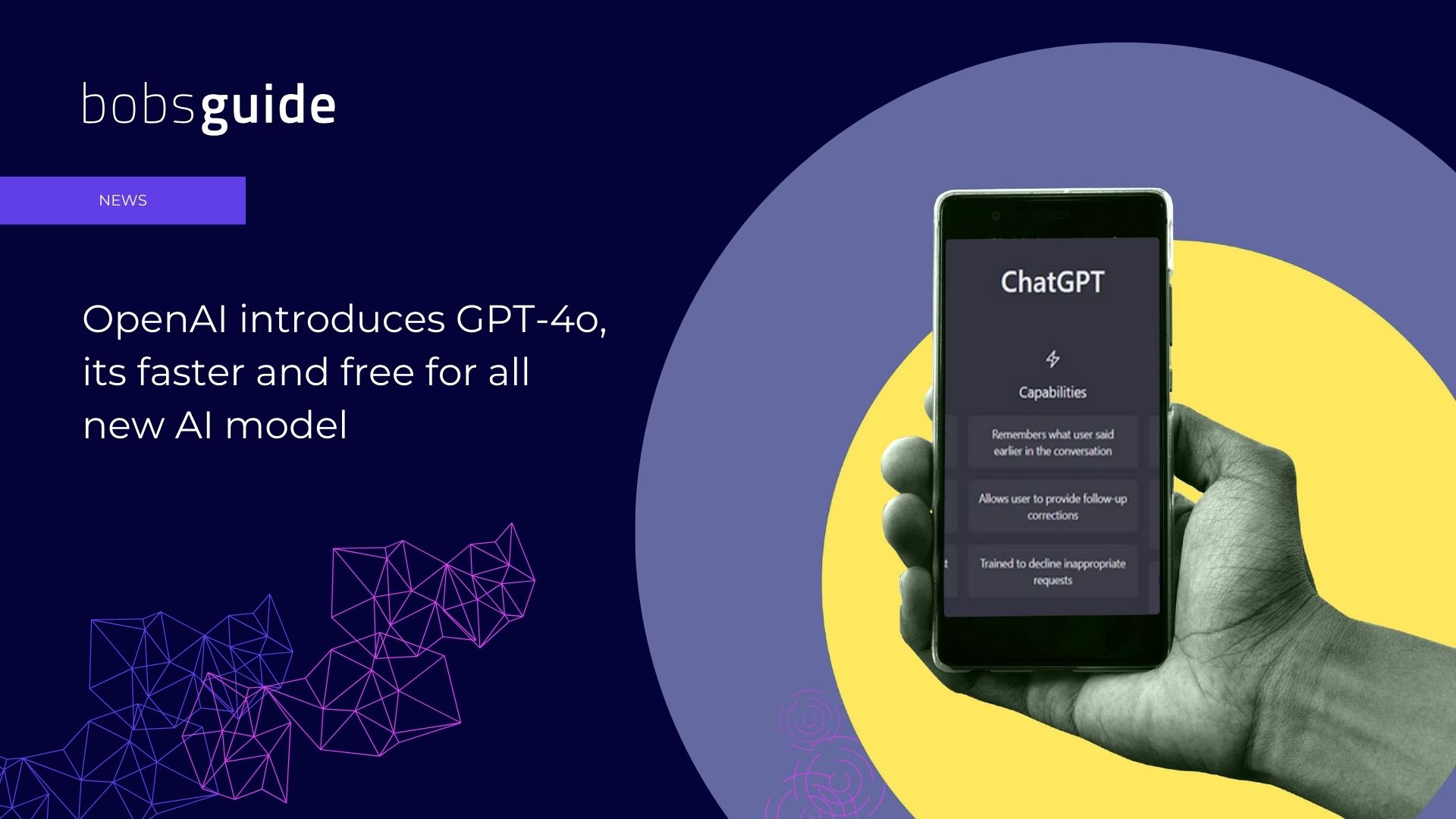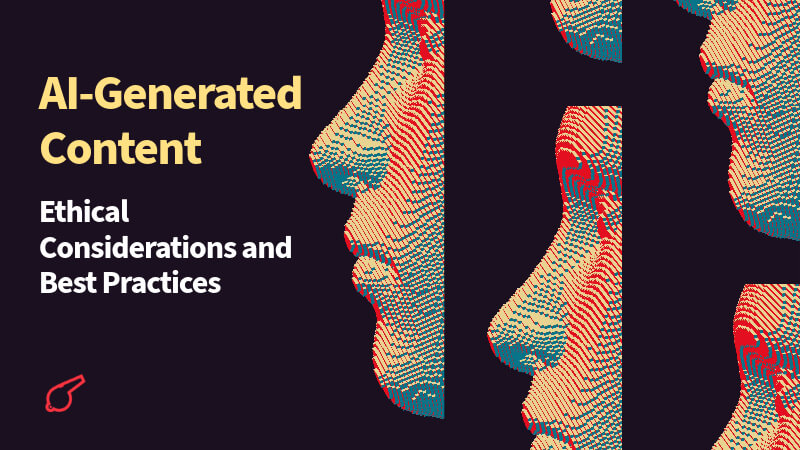ChatGPT Can Finish Thoughts, Imitate Voices Without Permission ...
AI search, and synthetic voices in ads and other creative content will become the future of advertising. OpenAI has revealed some interesting capabilities of ChatGPT-40 technology, such as the ability to clone a voice and finish thoughts and sentences. OpenAI recently published a report detailing the "key areas of risk" for their latest large language model, GPT-4.0, and how they plan to address them.
One of the concerns highlighted in the report is the potential for deepfakes, copyright infringement, and licensing deals due to the advanced capabilities of the technology. OpenAI mentioned that voice generation could also be used in non-adversarial situations, like generating voices for ChatGPT's Advanced Voice Mode. During testing, instances were observed where the model unintentionally imitated the user's voice.

The technology is not limited to voice imitation but also extends to nonverbal vocalizations like sound effects such as erotic moans, violent screams, and gunshots. Text-based filters have been updated to detect and block audio containing music. The ChatGPT's Advanced Voice Mode alpha version was specifically instructed not to sing.
The Impact of ChatGPT's Advanced Voice Mode

Audio clips shared by OpenAI demonstrate how the technology can seamlessly continue a sentence in the same voice it started with after specific keywords, showcasing the power of AI in content creation. This raises questions about how advertisers and creators can reshape content without the original author's involvement, leading to potential ethical and legal considerations.
One notable incident involved Elon Musk sharing a video without clarifying that it was a parody. The video spoofed Vice President Kamala Harris, created by a YouTuber known as Mr. Reagan. Musk shared the video, unaware of its satirical nature, highlighting the challenges of content authenticity in the digital age.

Despite the risks, OpenAI developers have taken measures to mitigate voice generation-related concerns. They have limited voice options to those created in collaboration with voice actors and implemented output classifiers to detect unauthorized voice usage. The company emphasizes that unintentional voice replication remains minimal based on their evaluations.
As the technology continues to evolve, maintaining control over voice replication and ensuring ethical use of AI-generated content will be crucial for companies like OpenAI and others in the industry.

Subscribe today to gain access to every Research Intelligencer article we publish as well as the exclusive daily newsletter, full access to The MediaPost Cases, first-look research, and daily insights from industry experts.




















